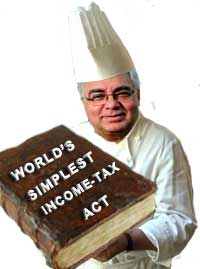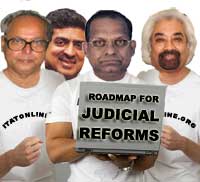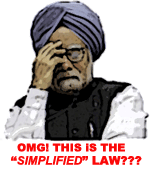
The appointment of Dr. Parthasarthy Shome as advisor to the Finance Minister augers well for tax payers in the Country because Dr. Shome is a man of wisdom and experience and is committed to creating a tax-payer friendly administration and simplified law and procedure, says the author. The author urges all tax payers & tax professionals to support Dr. Shome in his endeavor and starts off by listing 13 critical issues that need Dr. Shome’s immediate attention
Hon’ble Finance Minster speaking at the Delhi Economics Conclave on 14/12/2012 stated that “We have made it clear that our objective is to have clarity in tax laws, a stable tax regime, a non-adversarial tax administration, a fair mechanism for dispute resolution, and an independent judiciary.” I am of the opinion that by appointing Dr. Parthasrthy Shome as advisor to Hon’ble Finance Minister will achieve the goal of the Hon’ble Finance Minister. Dr. Parthasarthy Shome is a man of action, knowledge, integrity and has rich experience to understand the business laws of world.



